Saudi-based partners launch Africa rice farming plan
- Reuters
- 03 August 2009
The $1bn project, dubbed 7X7, aims at developing 700,000 ha of farmland to produce within 7 years 7 million tonnes of rice in Mali, Senegal and maybe Sudan and Uganda.
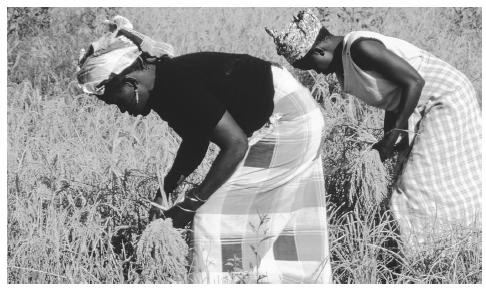
The $1bn project, dubbed 7X7, aims at developing 700,000 ha of farmland to produce within 7 years 7 million tonnes of rice in Mali, Senegal and maybe Sudan and Uganda.
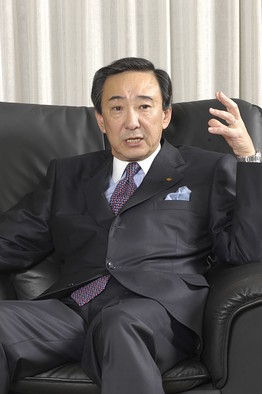
After focusing for decades on oil, metals and minerals, Japan's huge trading houses are turning to agricultural commodities, with Tokyo enthusiastically supporting the shift amid concerns about local and global food security .

The social consequences of these land grabs are significant.

The craze for land grabbing grows out of speculation on future prices. Only the poor are the net losers.
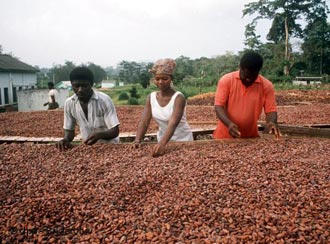
Rich countries have been buying huge plots of land in poor nations in a trend that has been called a new scamble for Africa. Olivier de Schutter, the UN's point man on the issue, tells DW what to do about it.
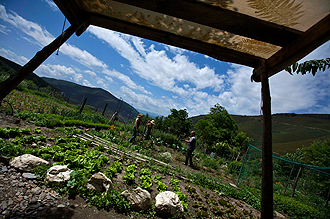
More land will be set aside for growing food while companies will be encouraged to work with farms overseas to ensure that Singapore has a ready and stable supply of produce.
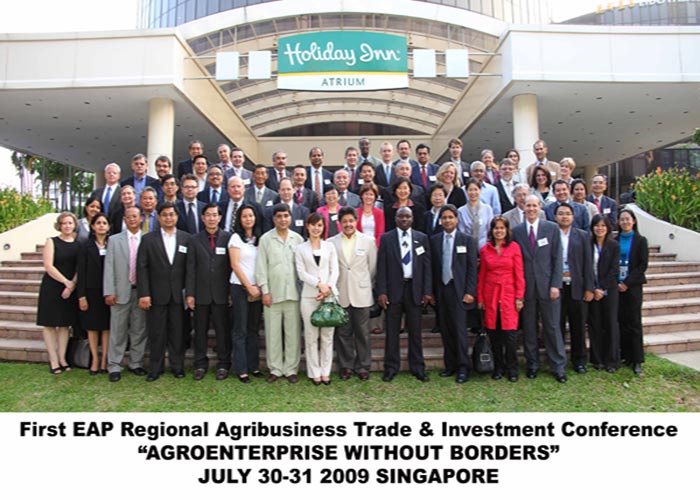
The World Bank wants to "assert leadership within the donor community to shape the global response" to land grabbing
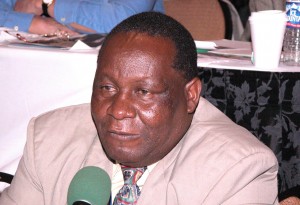
Philip Kiriro of the East Africa Farmers' Federation says the countries most endangered by landgrabbing in the region are Tanzania and DRC
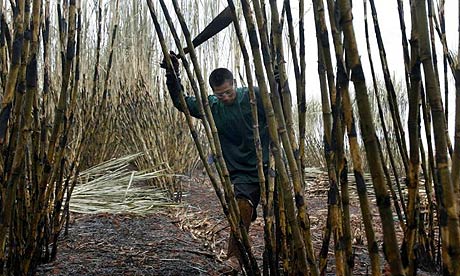
"We would also like to know why this government has been so aggressive in pushing these lease deals of our farmlands to the rich countries," Philippines Senate President Pro Tempore Jinggoy Ejercito Estrada said.

Topics discussed included a review of recent trends in international investment, the record on FDI in developing country agriculture, evidence on recent investments, the “land grab” and its implications, alternative business models for investments, bridging the investment gap – investment needs and sources of capital, policy implications and the case for an international code of conduct.
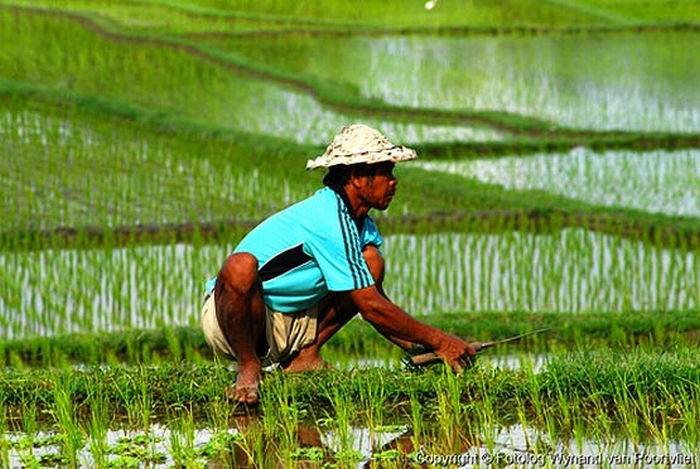
Southeast Asian countries took big steps towards formalizing food-for-oil deals with Gulf states at a June meeting between the Association of Southeast Asian Nations and the Gulf Cooperation Council.
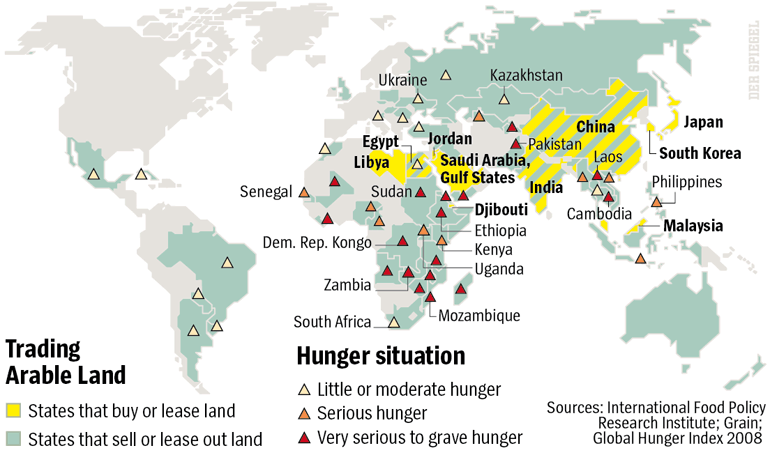
Because of the political sensitivity of the modern-day land grab, it is often only the country's head of state who knows the details. Der Spiegel investigates.